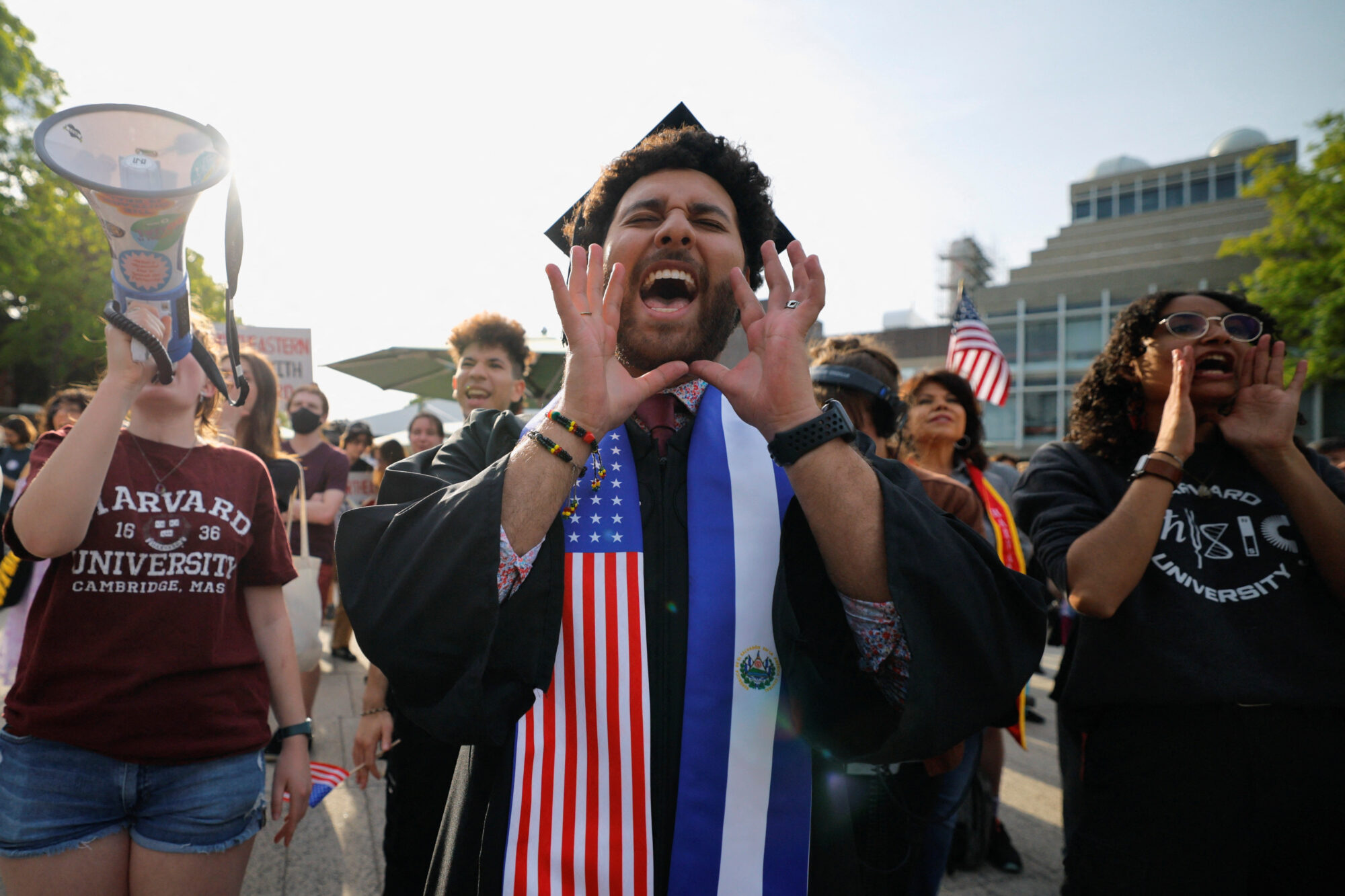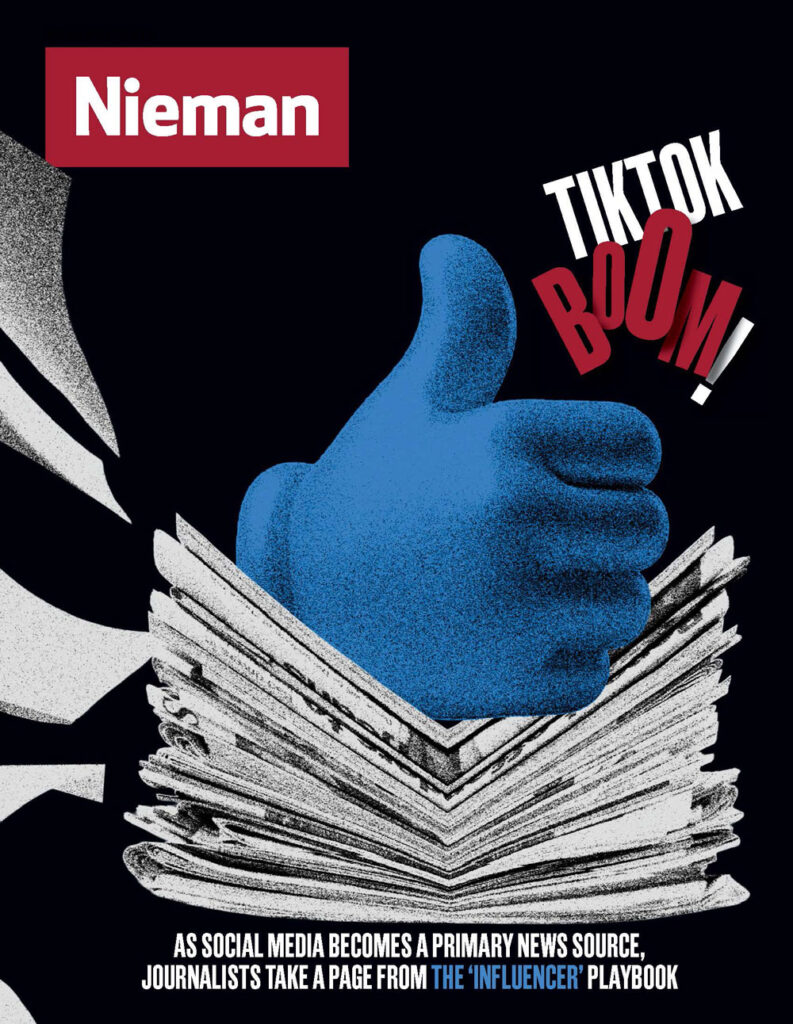When Harvard President Alan Garber took the stage at Commencement in May, thousands of faculty, students, and families rose to their feet, breaking into thunderous applause that seemed to catch him by surprise.
The minute-long standing ovation was a ringing endorsement of Harvard and its mild-mannered leader, who has been fighting the Trump administration since April to save the university’s federal funding, its right to host international students, and its academic independence. Harvard’s resistance has drawn praise from a wide range of supporters both on and off campus, including former President Barack Obama, a graduate of the law school.
“It gave me a lot of pride to be part of Harvard,” said Caleb Thompson, the president of Harvard’s undergraduate student body. “I don’t know if we always live up to that kind of reputation and rarefied air, but this is a moment where I think we really did.”
Such open defiance, however, remains an uncomfortable position at times for the university’s leaders, who were deeply reluctant to fight President Trump in the first place.
Within days of Trump’s inauguration in January, Garber hired a lobbying firm with strong ties to Trump insiders and opted to settle two antisemitism lawsuits in a deal that involved adopting Republicans’ preferred definition of antisemitism.
The strategy seemed to work — at least in the beginning. The government’s opening attack on higher education was a broad funding freeze affecting many universities, not just Harvard. And when the Trump administration began singling out schools, it was Columbia University that first came under the microscope.
The administration eventually turned its attention to Harvard, accusing it of failing to curb antisemitism and issuing a list of demands. Speculation that a settlement might be in the works provoked concern that Harvard would kowtow to Trump the way critics said Columbia had.
“I was afraid that Harvard would go the same direction early on in those months,” said Archon Fung, a Harvard Kennedy School professor.
But then came an April 11 letter from the White House demanding that Harvard cede considerable control over its governance to the federal government, with annual audits of certain schools and oversight of admissions and hiring processes. Garber forcefully rejected the sweeping demands, calling them unconstitutional and sparking a historic clash between the Trump administration and the country’s oldest university.
In the months since, the government has slashed nearly $3 billion in funds to the university, and Republican members of Congress have worked to impose a large hike in the endowment tax. The Trump administration has also tried various maneuvers to bar Harvard’s 7,000 international students and scholars — including Nieman Fellows — from enrolling at the university or entering the U.S.
Harvard has fought back in court, suing the government over the funding cuts and the attempts to keep international students out. A federal judge has repeatedly blocked the moves to ban Harvard’s international students, though the case is still working its way through the judicial process.
Despite Harvard’s victories in court, some worry that the University can’t withstand Trump’s multi-pronged assault students say their future in the U.S. is uncertain, and some have said they are considering transferring elsewhere.
The pileup of threats has convinced the university’s top brass that they need to reconsider a negotiated settlement. In June, Harvard representatives met with White House officials in Washington to showcase the steps the school has taken to curb antisemitism, and the administration listed more changes it would like to see. Some Harvard affiliates view the return to the bargaining table as an unfortunate but necessary step to ensure the university’s survival.
Others remain concerned about a potential deal, skeptical that the Trump administration can be trusted to hold up its end of any agreement and hopeful that Harvard will continue its fight. At stake, they argue, is not just the future of Harvard but the future of American higher education — and democracy.

